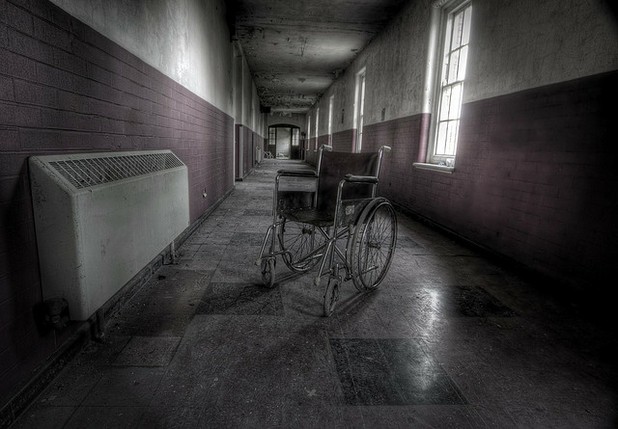- Story Highlights
-
- Euthanasia: A new study which reveals that most 'locked in syndrome' paralysis patients stay happy over time, though they may experience depression initially after traumatic injury, raises real questions about euthanasia.
Study Finds that a Majority of ‘Locked In Syndrome’ Paralysis Patients Are Happy
Comments (1)People with locked in syndrome paralysis are mentally aware but unable to move anything in their bodies, with the exception of their eyes. Although it’s difficult to imagine living a satisfying life under such difficult conditions, a new study shows that an overwhelming number of patients with the disorder say they’re happy. People who have had the condition for a longer period of time were more likely to report happiness, which raises points for discussion in any debate about the validity of euthanasia.
Researchers at The University Hospital of Liege in Belgium conducted interviews with 65 members of the French Locked In Syndrome Association to learn more about what it’s like to live with near total paralysis.
Surprisingly, happiness is what they found amongst the 65 paralyzed men and women surveyed – with 47 of these reporting happiness and only a few of the members reporting having suicidal thoughts.
Surveys were conducted by caregivers, with patients responding to yes or no questions by blinking.
Coma expert and lead researcher Dr. Steven Laureys commented on the findings, saying, "That some locked-in syndrome patients self-report happiness may suggest they have succeeded in adapting to their condition of extreme disability.” He notes that people who had been paralyzed for longer periods of time were more likely to report happiness than newer victims of paralysis (most cases of locked in syndrome are caused by traumatic brain injury) and that because of this, newly locked-in paralyzed patients should be required to spend a significant period of time living with their condition before doctors would consider granting requests for euthanasia.


